
Woman in bloom. Last but certainly not least in a series of interviews with inspirational badass babes as a project in honor of Women’s History Month this year, we have Meg Bush (@iammegbush). She’s an advocate for body acceptance and healthy living who writes about everything from promoting mental health awareness, hard truths, and life experiences on her blog, Woman Ignited.
Currently, she is mapping out her path to earn her Master’s Degree in Social Work. She dives deep in conversation regarding her struggle and recovery from crippling eating disorders, talks about her volunteer internship teaching women and girls in Nepal, and reveals her personal self-care regiment that includes vibrant, nutritious culinary creations.
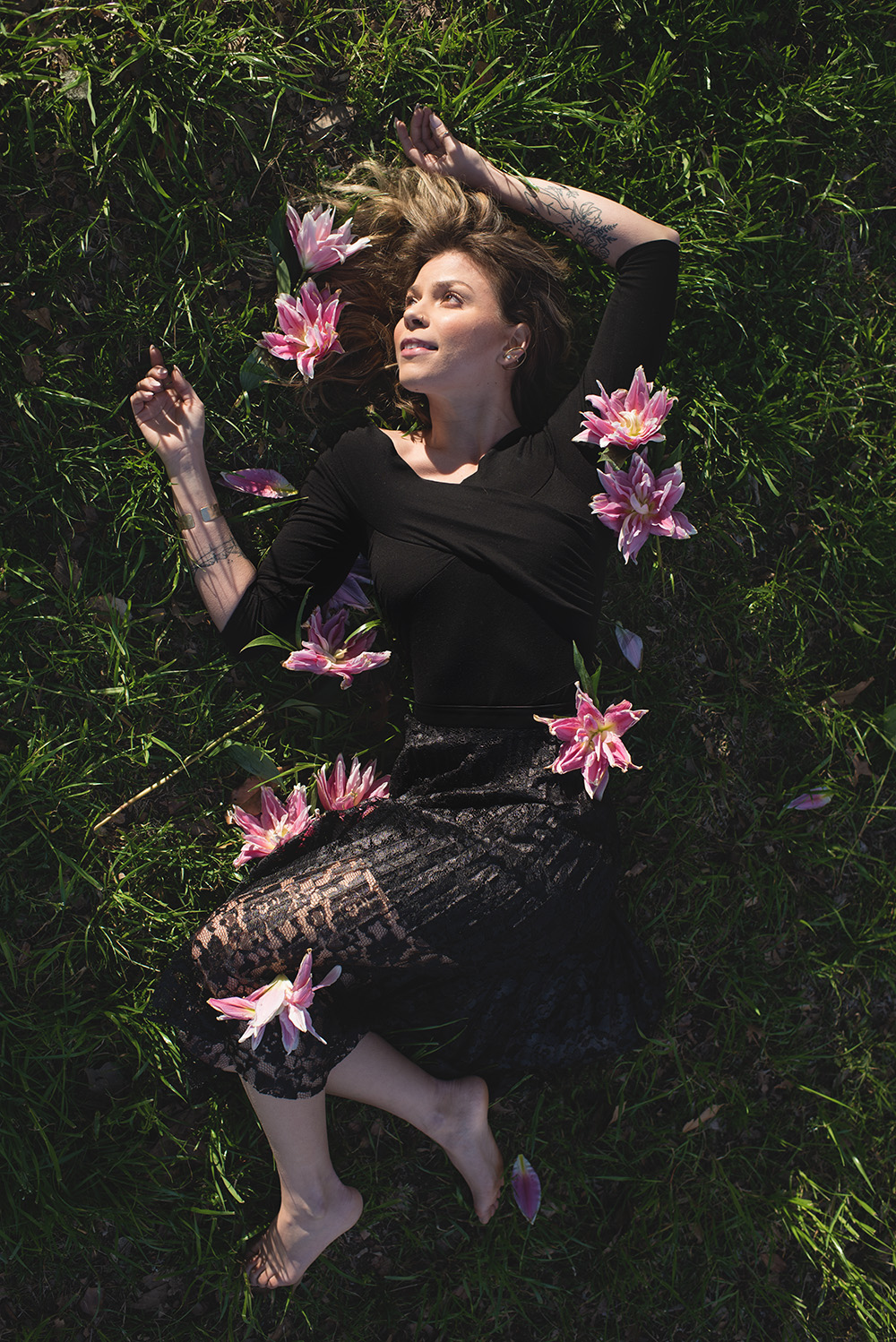
In Conversation with Meg Bush
Laura Wheatley: Your tattoo is gorgeous! I love the free-form line work — in fact, it feels extremely “freeing” in nature. Will you tell me the significance behind it?
Meg Bush: Thanks so much!
It’s a symbol of my personal growth and development. For a long time
while my mental was very poor and my eating disorder was at the center
of my life, I was in a stagnant spot where I was unable to move forward.
I had the idea for the tattoo, and I gave it to the artist to artistically
do with it what she pleased. For me, it’s a symbol of triumph over
hardship, and blossoming into my potential as a passionate human being.
The
woman in my tattoo is modeled off a statue of Venus the Greek goddess,
and though I didn’t originally plan this and it was my artist’s choice,
it created even more meaning and was perfectly suited because of the
values that Venus stands for: love, prosperity, and victory.

LW:I just love all of that, especially the “…blossoming into my potential as a passionate human being.” And I definitely want to come back to conversing about your disorder and how that’s changed over time, but first, tell me a little about your “beginnings,” so to speak: One of the many interesting things about you is that you’re a twin. How did that influence your childhood?
MB: Growing up with her was both a lot of fun but and a little bit difficult in the sense that I often felt like I didn’t have my own identity. Although there is a constant best friend and play mate around, I struggled because we were always “the twins” and I failed to be recognized singularly as Megan. Growing up I was very shy and insecure, so I expressed myself through art and sports — a little unique because most people choose one or the other! I took many art classes — painting, drawing, ceramics, et cetera — outside of school at community colleges when I was eight to twelve and it made me incredibly happy.
I also swam, and though it was a natural athletic ability of mine that I really enjoyed, a big reason I loved it was because it was something that I got recognized for that my twin did not. At the prompting of my coach, I began swimming year round when I was nine, and I was going to national swim meets and breaking all the records on my club team by the time I was eleven.
I immersed myself in swimming and would do whatever it took to get faster, at any cost. One day we had a nutrition talk after swim practice, and I remember that my takeaway was that I was going to stop drinking soda and eating chips so that my swimming would improve. Well, I ended up losing a few pounds of baby weight, and my times improved within the next couple months. With the weight loss, I felt love coming from sources that never had noticed me before, and I thought to myself, “maybe if I do more, eliminate more foods, and eat even healthier, I’ll get more of the love and validation that I’m so desperately in need of.” But of course, at the time, I didn’t have the cognitive capability to realize that motivation.
LW: So much pressure on a young girl. What happened from there?
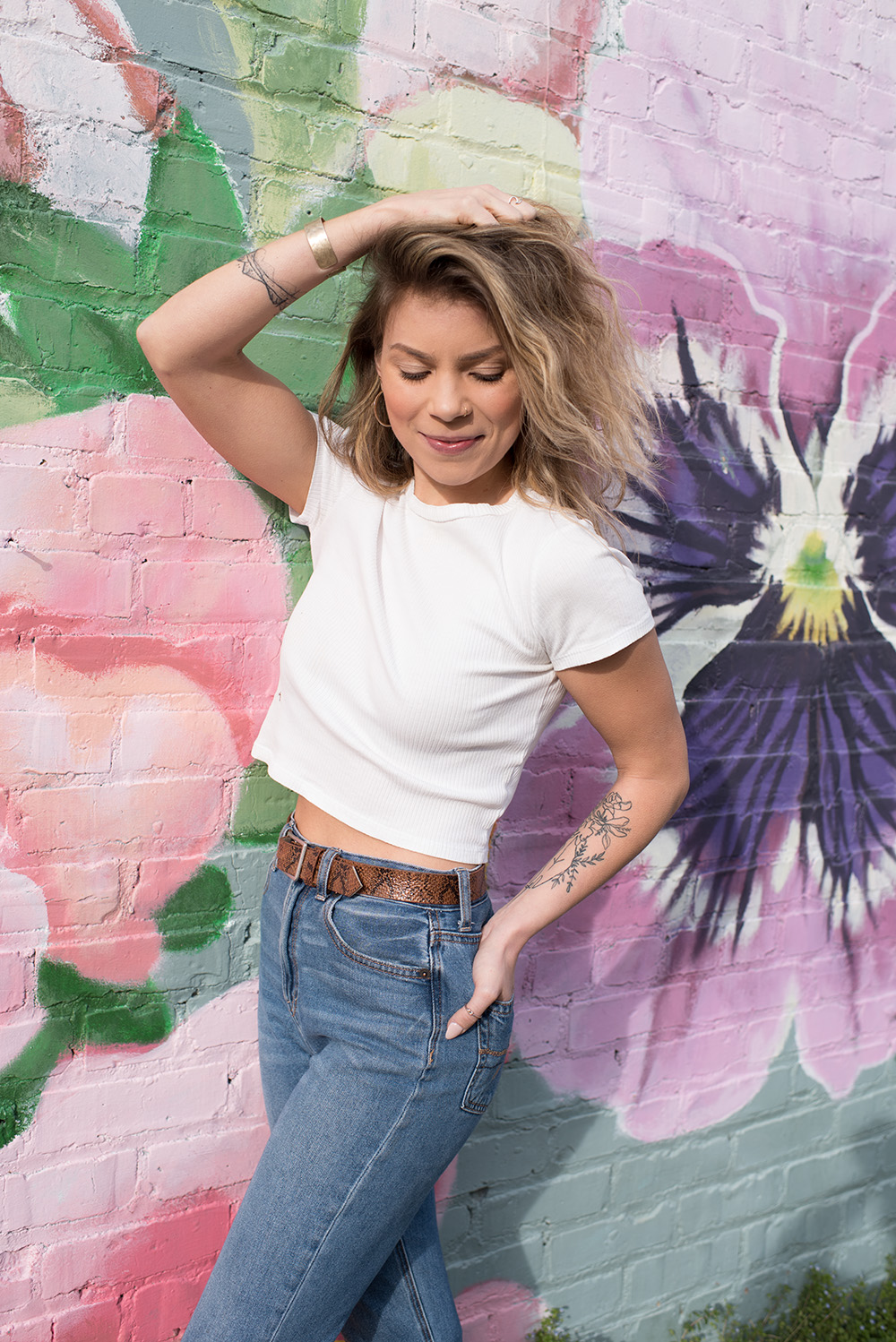
MB: This spiraled down into full blown anorexia, and by the time I was thirteen, I could no longer move through the water because I simply didn’t have enough muscle. My identity was torn between the mental disorder and being bone thin, and the strong athlete I once identified as. I was originally motivated to get better so that I could get back in the pool and compete, and although I did gain the necessary weight back, I always relapsed because the disorder was stronger than my will to do something that once brought me joy.
Fast forward a few years, and my anorexia morphed into bulimia (binge eating disorder), as is what happens in many cases. I packed on 40 pounds in two months, and I was so unhappy and felt so out of control that I became suicidal. My therapists and psychologists kept urging me to go to rehab, and after nearly attempting to take my own life one day in the fall of 2008, I woke up the next morning and decided that I needed to change.
LW: Oh, wow. Was that around the time you started your nutrition blog, Sprinkled with Health? That’s where I first learned of your disorder, and saw how many people had commented on your posts, identifying with your pain as they had gone through similar struggles.
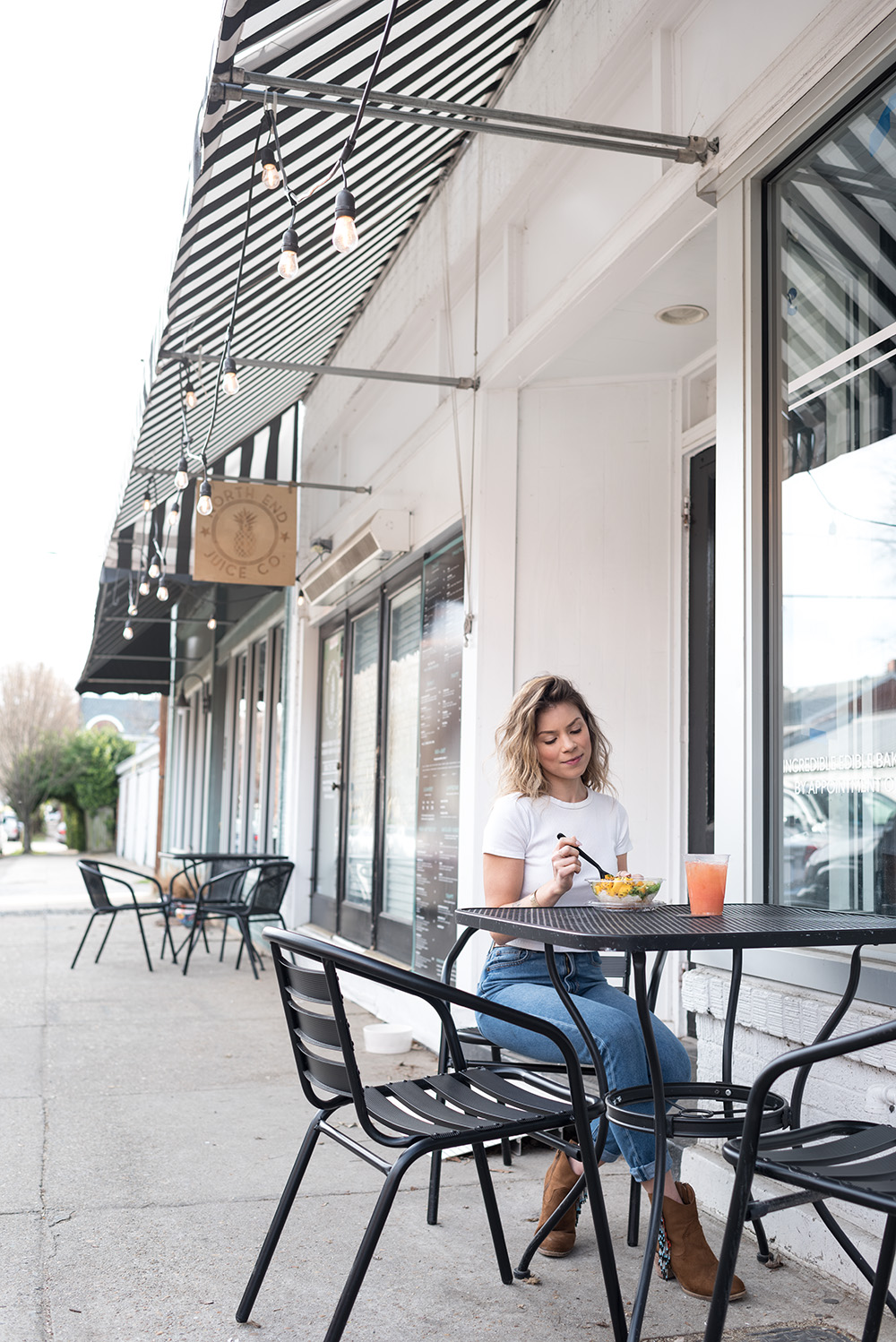
MB: I actually didn’t start my blog until I was a junior in college in 2014. But being in rehab for a few months set the groundwork and provided the stability I needed to put me on a better path. I continued struggling for a while, but when I got to college I began researching new ways of working out, and developed a passion for the gym and weight lifting.
I became determined to get into great shape and feel strong, and I began cooking really healthy meals for myself in my sorority house. My new hobby, and new means of creativity and self-expression, developed into food blogging. I began on Instagram, and as more and more people started asking me for recipes, I turned it into a business post graduation: Sprinkled with Health.
LW:You had quite the following for your blog, and I know that many — myself included — enjoyed seeing the vibrant, nutritious recipes you would post, along with real talk about your recovery. Was there a particular reason for your transition away from the blog?
MB: For a few years I earned money blogging, recipe developing for larger corporations, and through paid partnerships with different food companies. I enjoyed it so very much, but underlying all this passion was still a very disordered relationship with food, and I felt like I was contributing to what I thought was a problem, and perpetuating disordered relationships with food amongst readers who also felt like they had to look a certain way or be a certain size to be valid in society.
Though I started lifting and creating recipes through a positive place, it developed into another obsession as I got leaner and continued to lose weight. I was underweight for a few years, and I had a wake up call one month after a series of events occurred — one of them through speaking with my doctor about potentially becoming infertile if I continued on this path. After that, I finally started feeding my body more and putting it under less stress, and got up to a healthy weight that I maintain today.
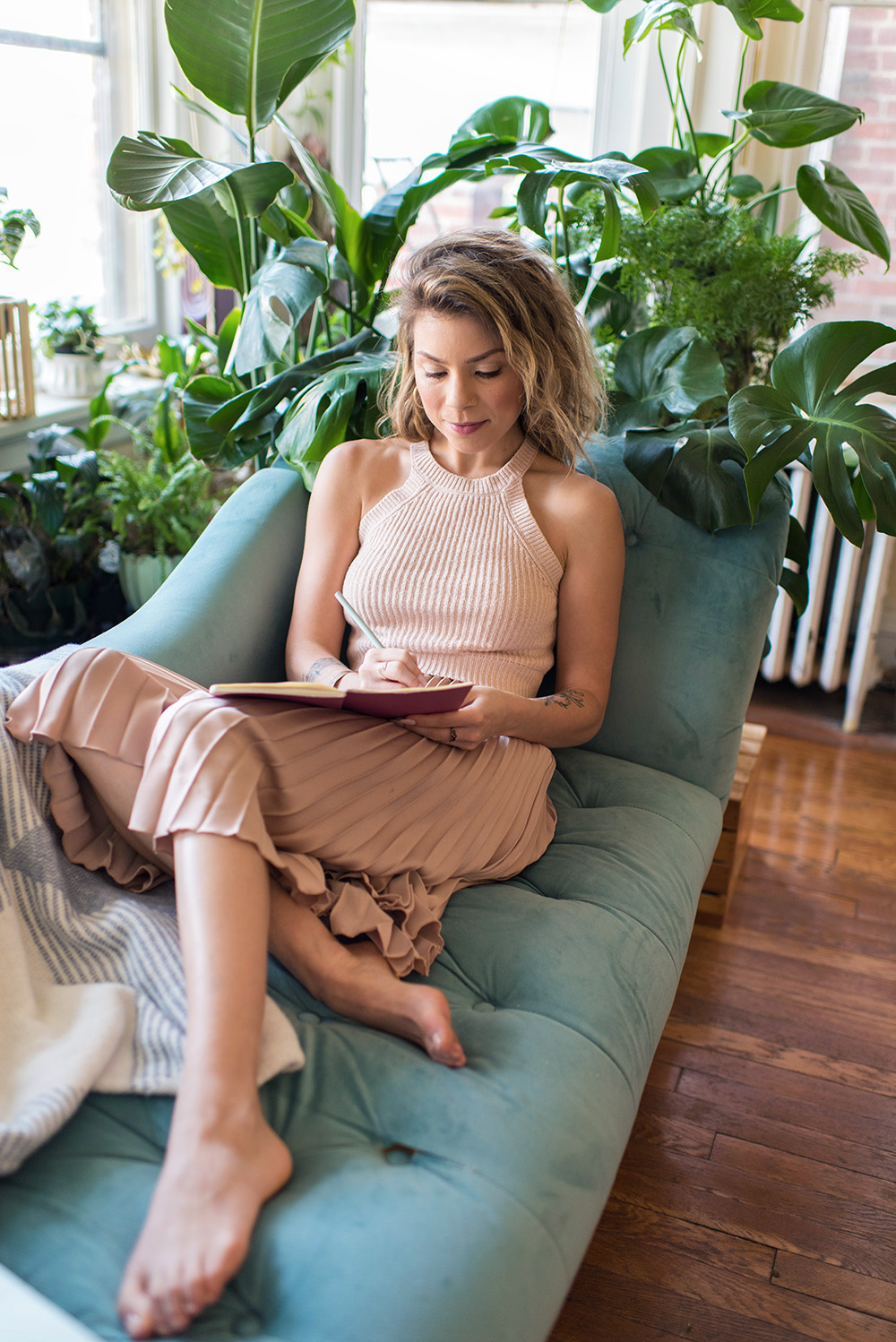
LW: It’s empowering to hear how you chose that in order to promote body acceptance more realistically. Even though you’ve gone a different direction from the blog, do you still find cooking to be one of your most important forms of self-care? What are a few other ways you enjoy practicing self-care?
MB: Yes! I still absolutely adore cooking and feed myself very healthy foods ninety-nine percent of the time. I just got to a point where I didn’t want food to be the center of my life anymore. Though the blogging was great, I found that it kept me, as my disorder did, focused on food most of the time, and I simply wanted to build on the passions in my heart that had nothing to do with that.
In addition to creating delicious healthy meals, the other biggest forms of self-care I practice are writing and talking walks. I’ve always been a natural writer and enjoyed it so much as a child, and something I recognized through recovery is that employing my eating disorder was a means of coping with emotions and needs that I didn’t know how to express. I write daily — sometimes it’s simply journaling, but most the time it’s artistic anecdotes that express the realizations, thoughts, and emotions that, as an empathic being, I feel on a daily basis. I often carry my journal around with me and write down musings that go on in my head, which I later turn into pieces with greater depth. Without writing, I think I would be lost.
LW:I truly agree — being able to express your emotions in such a way and let your creativity run wild is vital. Speaking of, early last year you were in Nepal for an internship with Global Vision International, teaching and working with women and girls. I’d love to hear a little about your experience during that time, both with your impact on them, and in turn your own journey with self-development.
MB: I think that traveling to Nepal — both in the work I did and being in that third world atmosphere — was the greatest unintentional gift I could’ve given to myself. I was a Women’s Empowerment Intern, so from Monday through Friday, I tutored women in English, led arts and crafts workshops with girls in public and private schools, helped out in classrooms, led after-school programs for nine to thirteen-year-olds, led educational workshops in homes for human trafficking victims, and worked on a project for my internship. After every tutoring session, we would read the women an excerpt from a book called Good Night Stories for Rebel Girls.
The book is a compilation of true stories about many inspirational women around the world, and each woman’s story has its own page and is written in the style of a fairy tale. After I saw how much these stories of overcoming and chasing one’s dreams had on them, I decided that for my project, I wanted to create a similar book that I felt might inspire them even further. So, for my internship project, I wrote and illustrated a book called Good Night Stories for Rebel Nepali Girls, which included, in the same style, the story and illustration of ten Nepali women who had gone out and overcome hardships and made a difference. One truth has remained a theme in my life, and my experience in Nepal is no different: the beautiful interconnectedness of humanity. In Nepal, one saying they love to toss around is “same, same.” I first heard this when a woman pointed to my nose ring, and then to hers, and said it. What I find unbelievable on a daily basis, is that across cultures, racial barriers, religions, sex, et cetera, we are all so wonderfully HUMAN. Every feeling and emotion that you’ve had come into your head and heart is shared by the person walking past you on the street. We all love, we all hurt, we all rise above. Through seeing past the differences and looking towards what unites us as humans, we can empathize, sympathize, bond, and love one another despite the artificialities that society often tells us divide us.
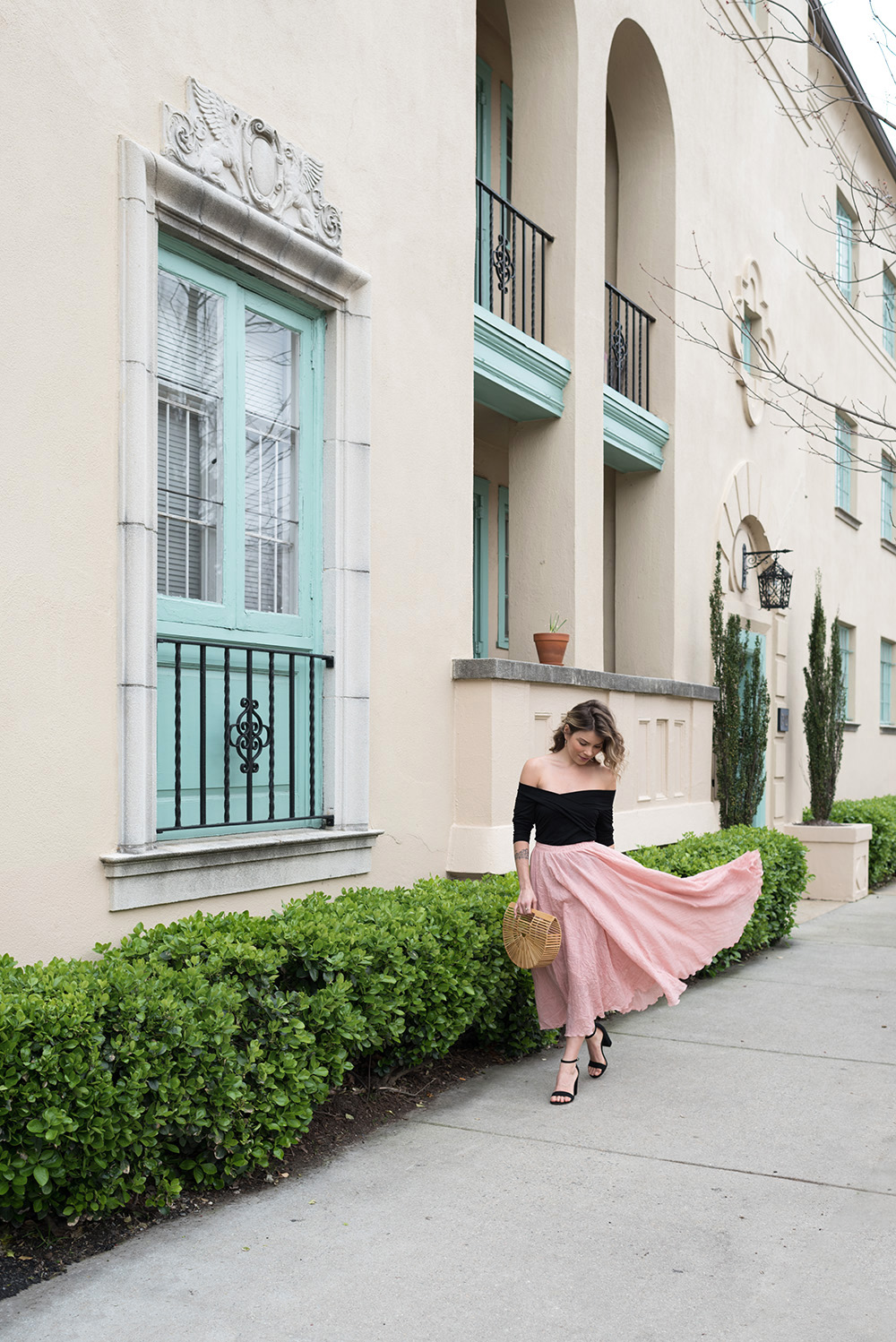
LW: Brilliantly stated. I love that you created such a book that embodies that spirit and lives on as an inspiration to those who need it. Your words are so powerful and enlightening. You write a bit about the aftermath of your disorder on your new blog, Woman Ignited, along with personal revelations during your time in Nepal. There’s one post revolving around your struggle with depression, which I found particularly illuminative. When asked your opinion on how you would change the U.S.’s poor mental health problem for the better, you knew exactly how you felt. Would you expand on that here?
MB: Absolutely. In relation to what I said before, we are all human — with complex thoughts and feelings and emotional intensity — yet so many of us try to hide the fact that we’re human. We can be both strong and soft without existing as contradictions. In fact, I argue that softness makes us stronger. The same walls that we’ve culturally built to protect us are the same walls that are keeping us from existing as one strong unit, and from growing together. We’ve all got to act as givers and receivers, and understand that strength does not mean walking with your head held high twenty-four seven and never asking for help. True strength, and what I wholeheartedly believe can transform the mental health of our culture, is having the combined capacity to both be the should to cry on, and to cry on the shoulders of others.
LW:Thank you for that — your definition of strength is one I wish to see echoed throughout the world. After you returned from Nepal, I was intrigued to learn that you had started working at a residential home for men with disabilities. What perspectives did you gain from that experience?
MB: Not surprisingly, I again was fascinated by the shared experience of humanity. No matter our differences, we’ve all got quirks, personalities, strengths, weaknesses, likes, dislikes, et cetera. There were times where I was so frustrated that I wanted to — and almost did — punch walls. But upon reflection, the times where I became angry and frustrated were the same times where I forgot that, existing inside everyone else is a another human being not unlike myself. Underneath it all, regardless of disabilities or appearances, I think that we all simply desire to be loved and understood. It took a few months for me to truly break down my defensive walls that, initially, I didn’t even recognize existed. Once I did that, I was able to bond on a special level, understand the reasons behind certain behaviors, and manage and provide for my clients’ emotional needs with greater ease and love.

LW:Beautiful. You’re now on the track to earning your Master’s Degree in Social Work — how did you decide to go down that path?
MB: Because I was so focused on my own problems and in such a poor state of mental health for so long, I failed to understand that others were also going through hardships. Once I became stable and reached a point where I had the mental energy to figure out who I was and what I cared about, it was almost like a lightbulb went off in my head: other people need help too. There was a sense of freedom I gained through recovery — a clarity of mind and a passion for living — and because I had been gifted the tools I needed to prosper and feel that freedom, I felt called to pay it forward.
A Master’s in Social Work will give me the opportunity to have a career where I can make a difference in the lives of many people that society often forgets about. I want to dabble in many different facets of clinical social work, but my primary goal is to work in mental health counseling and tie in women’s wellness. My journey to this point is evidence that, with tools and resilience, lives can significantly change. My career and life goal is to be an uplifting voice of hope, and to be the woman I so desperately needed when I was younger.
LW: I can’t wait to see how you use your passion to change lives for the better. Lastly, what would you tell yourself back then — young Meg — now? What message would you like to convey to young girls growing up amidst the pressures of social media who struggle with body image and mental health, among other issues they face?
MB: Oh man — so much! Our culture has a history of suppressing women in order to lessen our power, and one way that continues to be done is through keeping us fixated on our appearance. Women’s beauty ideals are unrealistic because if we’re forever fixating our minds on achieving and upholding them, we don’t have time to come up with thoughts and ideas that REALLY matter.
Through recognizing this fact, we can begin to rebel — through owning who we are and wearing it with pride. There’s nothing wrong with wanting to look our best, but the universe didn’t craft us so differently if we were all meant to be and look just like one another. Your quirks are your gifts and strengths — no matter what, don’t you dare ever let anyone take that power away from you. Boldly, confidently, and unapologetically be yourself and LOVE whoever that person is. THAT is true beauty.
